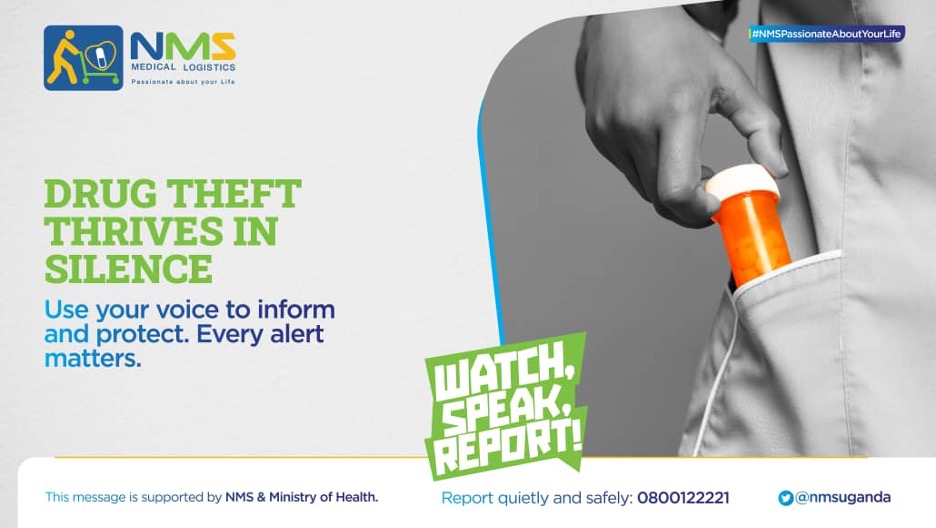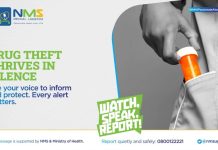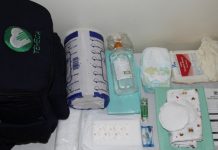Author: George Asiimwe, veteran journalist
In Uganda’s fight against drug theft from public health facilities, journalists have a vital role to play.
Through informed reporting, field investigations, and human-centered storytelling, they can shine a light on the hidden consequences of medicine pilferage—and give voice to the communities affected.
Government medicines supplied by the National Medical Stores (NMS) are delivered regularly and clearly labeled “Government of Uganda – Not for Sale.”
Yet in many areas, patients report paying for drugs that should be free, or being turned away due to stockouts.
These are not just bureaucratic failures—they are stories that demand coverage.
From the Ground Up
Reporters embedded in districts and sub-counties are well placed to uncover discrepancies. They can:
● Interview patients turned away due to stockouts.
● Verify delivery records with facility in-charges and DHOs.
● Visit private pharmacies selling government-labeled drugs.
● Follow up on whistleblower leads from health workers or Village Health Teams.
Such stories not only inform the public, but also prompt action from authorities, civil society, and policymakers.
Tell the Human Side
Beyond the data, journalists should help the public understand what medicine theft really means—the mother who delivers without gloves, the child whose malaria worsens because of missing Coartem, or the HIV patient missing doses.
In doing so, journalists humanize the issue and build public pressure for reform.

Responsibility with Accuracy
With influence comes responsibility. Health-related stories must be verified, ethical, and sensitive. Misreporting or sensationalism could create fear or mistrust in the system.
Still, when done right, journalism remains one of Uganda’s most powerful tools in protecting government medicines and safeguarding public health.









